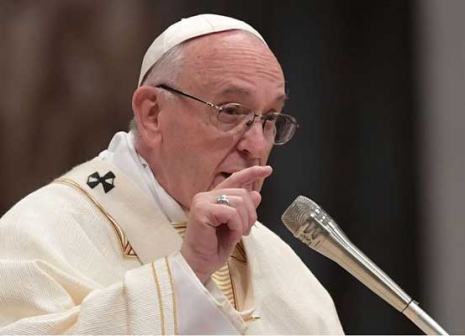×
The Standard e-Paper
Stay Informed, Even Offline

In 2005, the Head of the Roman Catholic Church worldwide Pope Francis wrote a controversial letter that touched on marriage, divorce and homosexuality.
In the letter titled The Joy of Love, he appeared to suggest that those divorced and remarried should be accommodated in the church.